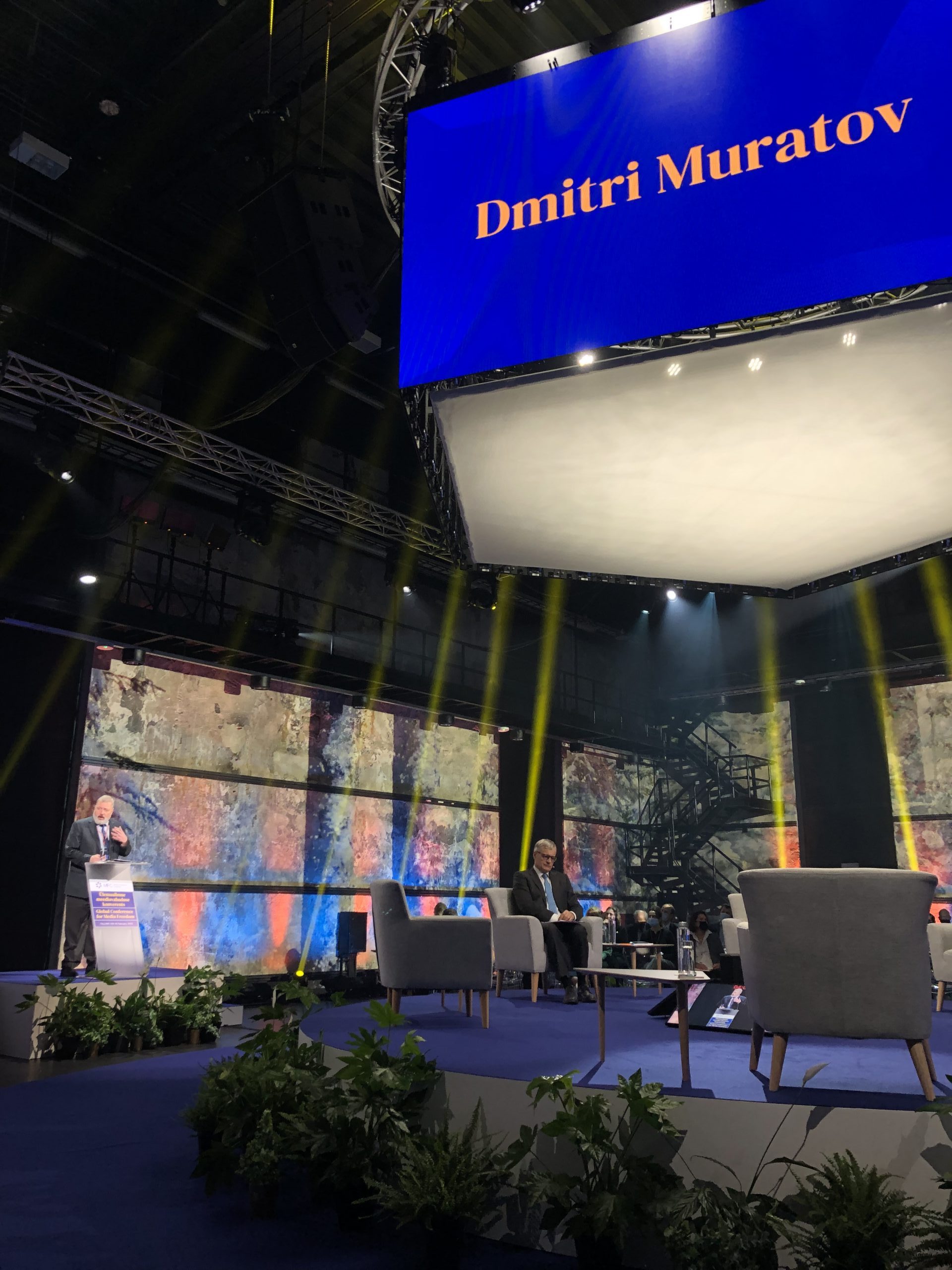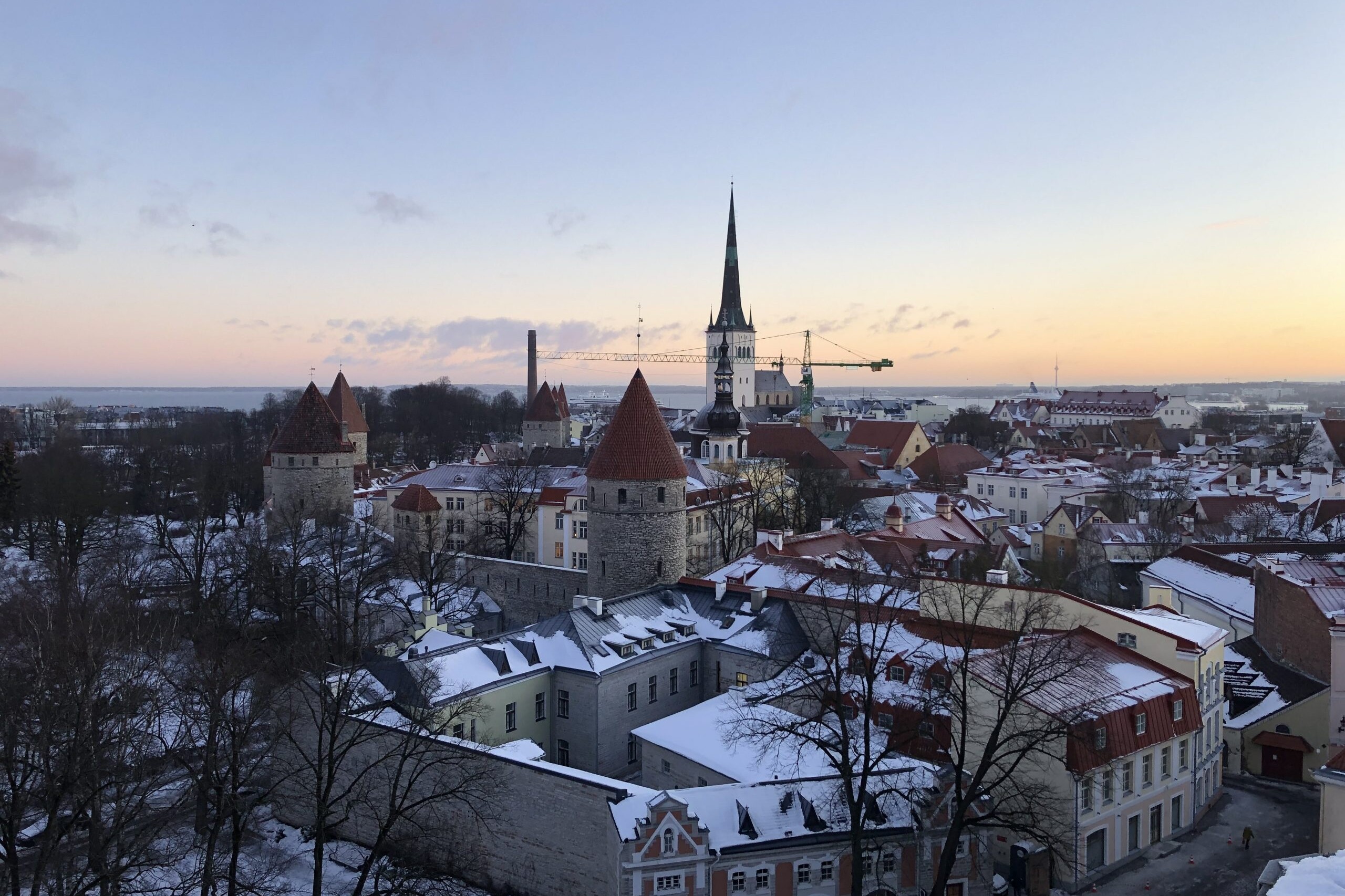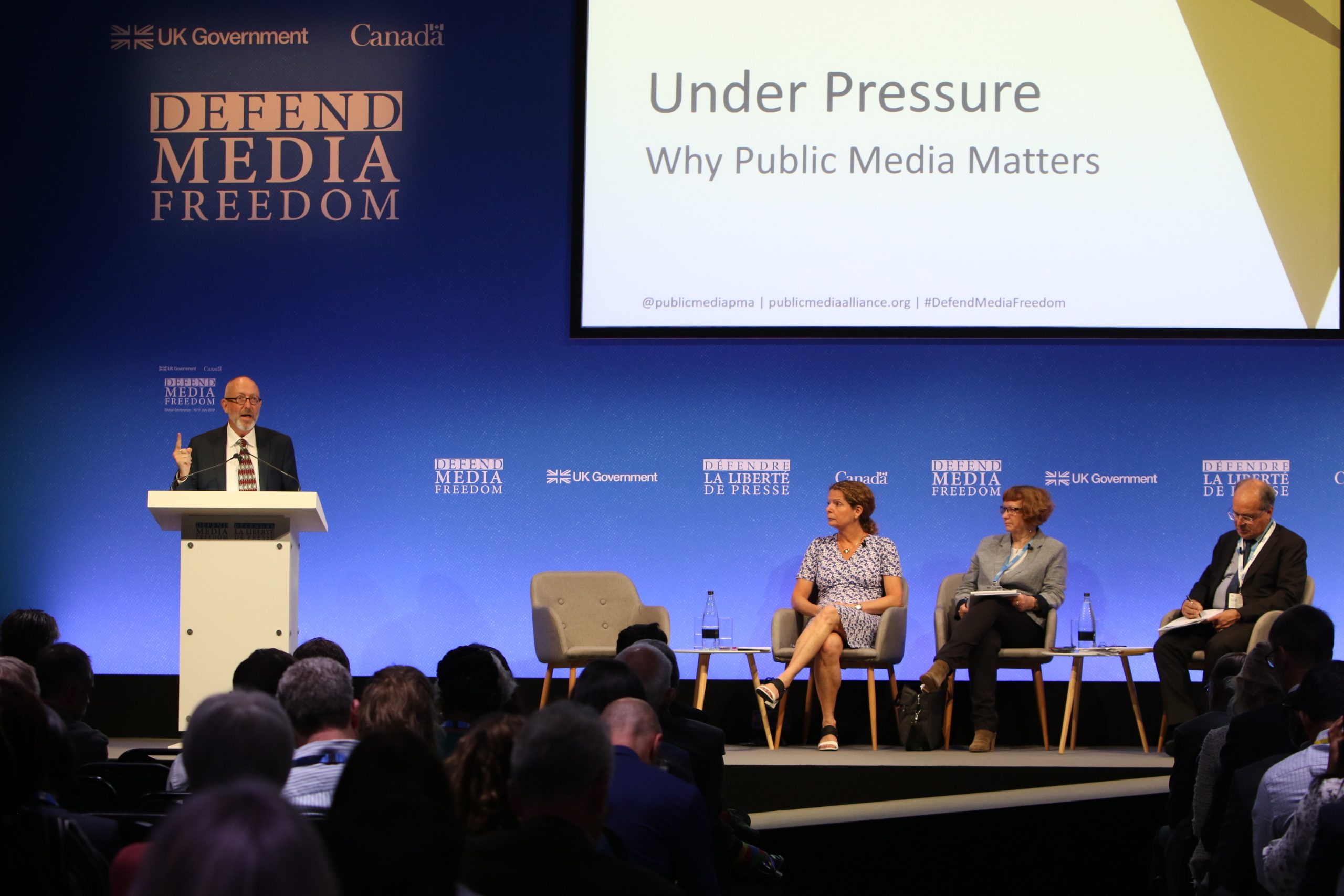The future of the Media Freedom Coalition
19 February 2022

A report published during the recent Global Conference for Media Freedom raises questions over the success of the MFC.
A reset is required to steer the Media Freedom Coalition (MFC) towards greater success and have more of an impact on media freedom worldwide, a new report has found. Researchers from the University of East Anglia, City, University of London, and University of the Philippines-Diliman, published the report last week, during the third Global Conference for Media Freedom in Tallinn, Estonia.
The MFC was launched in 2019 by the Canadian and UK governments and has since amassed 50 member states. The Public Media Alliance also sits on the MFC Consultative Network alongside 19 other civil society, journalist and media freedom organisations.
For the most part, the report criticised the MFC on a number of counts. In a summary document, the Coalition was given an overall score of Amber/Red, showing “Unsatisfactory achievement in most areas with some positive elements.” The positive elements were expanded upon by the report’s co-author, Dr Martin Scott, Senior Lecturer in Media and International Development at UEA.
“It’s achieved a lot, simply by being created,” he said. “It’s chosen the right issue, at the right time, at the highest political level, and a relatively large critical mass of supportive states. … If you’d said to us three years ago, 50 governments are all going to agree on the importance of media freedom every year at ministerial level, that would be a huge achievement. … The fact that 20/30 states each time are signing quite strongly worded collective statements about other states, about the issue of media freedom, is a big achievement that wasn’t happening two or three years ago.”
Examples of these positive aspects include a Conference Joint communiqué which reiterated all members commitment to media freedom; diplomatic efforts which contributed towards the release of a prominent journalist in Pakistan; and numerous statements, such as a recent release on independent news outlet closures in Hong Kong, which was signed by 23 members.
Yet Dr Scott also argued that the Hong Kong statement demonstrated where the MFC needs to improve. “Even when you make these statements, the publicity for them has been poor. … A quite strong statement about media freedom in Hong Kong was not matched by the level of publicity for it.” Additionally, there are questions over the membership criteria, and whether members are doing enough to warrant their inclusion within the Coalition. Some members are only occasionally adding their signatures to such statements, for example: Belize and Spain are the worst offenders, having only signed 28 percent of statements.
The MFC also faced criticisms over the processes by which it is decided when statements should be issued. During the Conference, there was a live session on whether a “reset” was required. One of the panellists, Owais Aslam Ali, a former Co-Chair of the Consultative Network, said “There were a few pretty glaring examples that cannot be ignored. For example, when there were dozens of journalists that were attacked in America in those riots; when Israel bombed media organisations; when India blocked internet access for months and months; those were issues that did not figure in the MFC. And when you have that, not only will it damage the credibility of the MFC, it will damage press freedom itself. So, I think if some mechanism can be developed as to what will we respond on, not where it happens, that’s very important.”
A clear process and greater transparency over the decision-making as to when statements are issued was called for by the panellists and by the report’s authors.

The MFC also has practical issues to address. Sudan was one of the first states to sign up to the Coalition. But the military coup in late 2021 led to a restriction in press freedom.
Academic researcher and former journalist from Sudan, Lina Yassin, said journalists are now frustrated. “In late 2021, we spoke to some journalists about the current situation, and they all told us that they’re quite disappointed in international communities, specifically the MFC for their silence regarding the situation in Sudan. … I’m quite sure that the future for media freedom in Sudan was not as bright as it was 2 years ago. I’m not sure if the MFC is actually ever going to have an impact in Sudan because so far, it’s just going to remain words on papers that were never able to be implemented.”
In light of these criticisms, the report sets out six recommendations:
- Formally agree and implement a clear and transparent process for determining when statements should be issued
- Provide a substantive response to each of the advisory reports put together by High Level Panel of Legal Experts
- Strengthen the minimum requirement for retaining membership, such as adopting a National Action Plan for the Safety of Journalists, or contributing to UNESCO’s Global Media Defence Fund
- Implement a communications strategy which improves online presence, and promotes the Coalition and its work
- Establish a stronger emphasis on financial support for media sustainability
- Ensure the MFC’s actions are informed by the understanding of the complex, dynamic and diverse priorities of journalists and media workers
These include imposing a “minimum requirement for retaining membership,” and placing greater emphasis on members providing financial support towards media sustainability.
It is imperative the MFC does address the issues exposed in the report, and PMA agrees that change is needed to ensure the Coalition has maximum impact and benefit to media freedom at large. PMA, through our CEO Sally-Ann Wilson, looks forward to continuing to engage with the MFC through the Consultative Network.
Related Posts
15th February 2022
“Free society cannot exist without free media…” A round-up of the third Global Conference for Media Freedom in Estonia.
PMA CEO Sally-Ann Wilson reports from…
10th February 2022
More must be done to defend journalists and media freedom
The Media Freedom Coalition -…
1st June 2021
Media Freedom Coalition Statement on the Arrest of Roman Protasevich
Statement: The Media Freedom Coalition…



